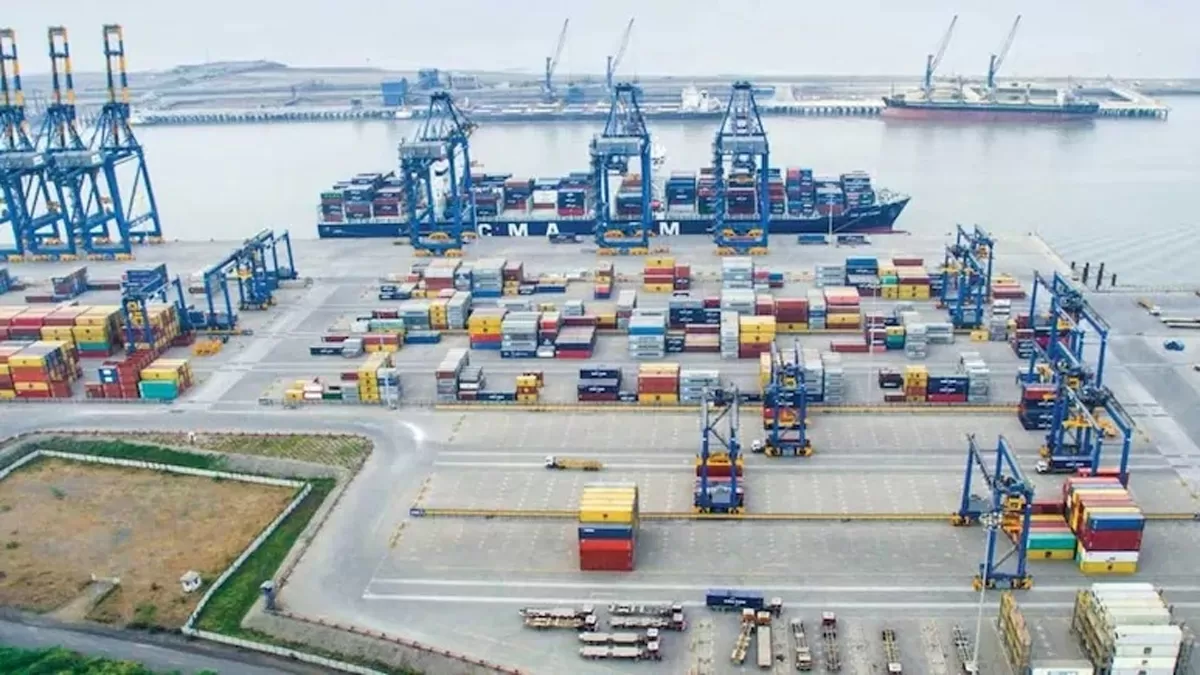Adani Ports and Special Economic Zone (APSEZ), has inaugurated its pioneering steel slag road, marking a significant milestone in sustainable infrastructure development. This innovative project demonstrates a tangible commitment to eco-friendly practices, setting a new precedent for resource utilisation within the nation’s vital logistics sector and offering a blueprint for future urban landscapes aiming for net-zero carbon footprints.
The construction of this road using processed steel slag, a by-product of steel manufacturing, represents a crucial step towards a circular economy. Traditionally, steel slag is considered industrial waste, often ending up in landfills. Its repurposing as a construction material not only diverts substantial quantities of waste from disposal sites but also reduces the demand for virgin aggregates like natural stone and sand, thereby conserving finite natural resources and mitigating the environmental impact associated with quarrying. This strategic shift underscores a growing industry awareness of its environmental responsibilities and the potential for industrial symbiosis.
Experts suggest that roads built with steel slag can offer enhanced durability and strength compared to conventional asphalt roads, potentially leading to lower maintenance costs and a longer lifespan. This resilience is particularly pertinent for port environments, which endure heavy vehicular traffic and demanding operational conditions. The adoption of such materials aligns perfectly with the vision of creating robust, sustainable infrastructure that supports the economic backbone of the country while simultaneously reducing its ecological burden.
This initiative by APSEZ is a testament to the private sector’s capacity to drive environmental stewardship and contribute to national sustainability goals. It serves as a powerful example for other industrial clusters and urban planning bodies across India, illustrating how waste streams can be transformed into valuable assets. The successful implementation of this project could catalyse wider adoption of similar green technologies, fostering a paradigm shift in how India approaches infrastructure development for its burgeoning cities.
The broader implications extend to the creation of more equitable and gender-neutral cities. By promoting cleaner industrial practices and reducing pollution associated with traditional material extraction and waste disposal, such projects contribute to healthier living environments for all citizens. A cleaner environment, free from the blight of industrial waste, directly improves public health outcomes and enhances the quality of life, laying the groundwork for truly sustainable and inclusive urban spaces where environmental well-being is a shared priority.
Also Read: Pune Metro Purple Line fully operational between PCMC and Swargate


